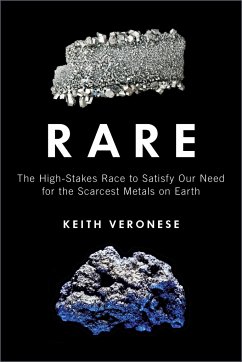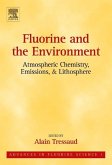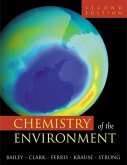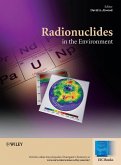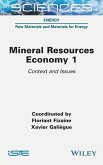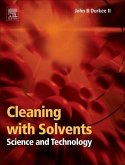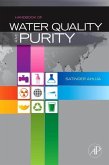How will your life change when the supply of tantalum dries up? You may have never heard of this unusual metal, but without it smartphones would be instantly less omniscient, video game systems would falter, and laptops fail. Tantalum is not alone. Rhodium. Osmium. Niobium. Such refugees from the bottom of the periodic table are key components of many consumer products like cell phones, hybrid car batteries, and flat screen televisions, as well as sophisticated medical devices and even weapon systems. Their versatile properties have led manufacturers to seek these elements out to maximize longevity, value, and efficiency, but not without a human price. In addition to explaining the chemistry behind rare earth metals, Rare delves into the economic and geopolitical issues surrounding these "conflict minerals," blending tales of financial and political struggles with glimpses into the human lives that are shattered by the race to secure them. In the past decade, the Congo has been ravaged by tribal wars fought to obtain control of tantalum, tungsten, and tin supplies in the region, with over five million people dying at the crossroads of supply and demand. A burgeoning black market in China, Africa, and India is propped up by school-age children retrieving and purifying these metals while risking their lives and health in the process. Fears of future political struggles inside China, the world's largest supplier of these metals, have already sent the United States, Great Britain, and Japan racing to find alternative sources. Will scientists be able to create lab substitutes for some or all of these metals? Will Afghanistan be the next big supplier of rare metals? What happens when the limited supply runs out? Whatever the answers, it is clear that our modern lifestyle, dependent on technology, is far from stable.
Hinweis: Dieser Artikel kann nur an eine deutsche Lieferadresse ausgeliefert werden.
Hinweis: Dieser Artikel kann nur an eine deutsche Lieferadresse ausgeliefert werden.

